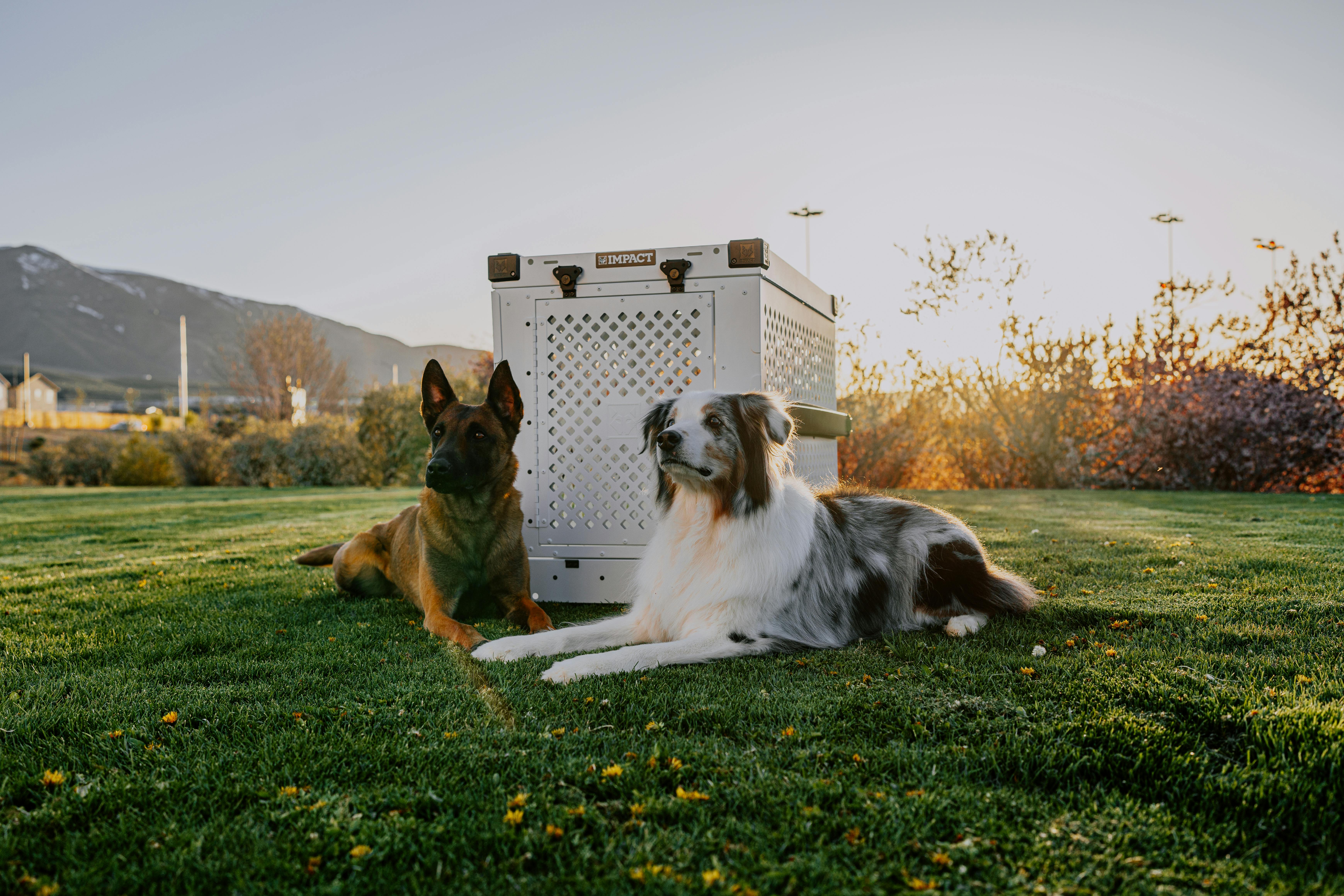Expert Guide to Pet Urgent Care in Reno
When a pet emergency strikes, quick access to reliable care is essential. Pet urgent care in Reno is a growing necessity as more pet owners seek immediate medical help for their furry companions. In this guide, you’ll learn how urgent care works, how to identify emergencies, and how to be fully prepared when the unexpected happens.

Understanding the Fundamentals
Pet urgent care refers to medical services designed to treat non-life-threatening emergencies in animals. It bridges the gap between routine veterinary visits and critical emergency rooms. The concept has evolved significantly over the past decade as pet ownership increases and the demand for immediate veterinary services rises.
These fundamentals are essential because they ensure pets receive prompt, professional care during after-hours or when primary vets are unavailable. Just like humans rely on urgent care clinics, pets benefit from similar access to healthcare for wounds, vomiting, or sudden illness.
1.1 What Is Pet Urgent Care?
Pet urgent care is a facility or department that handles issues like minor injuries, allergic reactions, sudden pain, or gastrointestinal issues. According to the American Veterinary Medical Association, nearly 1 in 3 pets require emergency care each year.
Real-world applications include treating broken nails, ear infections, or swallowing foreign objects. Common misconceptions often confuse urgent care with emergency services, but urgent care handles cases that are serious yet not immediately life-threatening.
1.2 Why Reno Needs Urgent Care for Pets
Unlike larger cities, Reno has limited 24/7 emergency vet clinics, making urgent care a vital resource. Its uniqueness lies in providing after-hours availability and walk-in services without the high cost of emergency facilities.
Many pet owners in Reno rely on urgent care for weekends or evenings when regular clinics are closed. These services are especially helpful during holidays or in remote areas around the city.
Practical Implementation Guide
Understanding theory is one thing, but knowing how to implement urgent care practices is what truly empowers pet owners. With the right steps, you can ensure you’re prepared for any pet-related emergency and know when and where to go.

2.1 Actionable Steps
- Recognize Symptoms: Know the signs of distress such as excessive vomiting, limping, or lethargy.
- Prepare Emergency Kit: Include gauze, hydrogen peroxide, vet contact info, and pet health records.
- Know Your Local Providers: Research clinics offering pet urgent care in Reno, including their hours and services.
2.2 Overcoming Challenges
Common obstacles include lack of transportation, financial constraints, or panic during emergencies. Here’s how to handle them:
- Transport Issues: Use pet-friendly ride services or ask a neighbor in advance for help.
- Costs: Some Reno clinics offer payment plans or pet health insurance acceptance.
- Panic: Keep a checklist on your fridge for step-by-step guidance during emergencies.
Expert tip: Practice mock emergencies to get comfortable with your emergency response plan. This rehearsal builds confidence and could save time when it matters most.
Advanced Applications
For pet owners already familiar with the basics, it’s time to explore advanced strategies. These are ideal for high-risk pets, such as seniors, breeds with health complications, or those with chronic illnesses.

3.1 Integrating Telemedicine with In-Person Visits
Virtual vet consultations are becoming more common in Reno. These allow for initial assessments before deciding if in-person urgent care is necessary. Clinics now offer integrated platforms where pet health records, video chats, and prescriptions are managed in one place.
Case study: A Reno pet owner avoided unnecessary travel after a virtual consult identified a non-urgent rash. Metrics showed a 38% reduction in walk-in visits through this method.
3.2 Coordinated Care for Chronic Conditions
Advanced systems now connect urgent care with your primary vet. This allows seamless updates for pets with diabetes, heart disease, or arthritis. Data from these visits helps in long-term treatment planning.
Compatibility matters—choose a clinic that shares records via electronic platforms and works well with other pet health services.
Future Outlook
The future of pet urgent care in Reno looks promising. Innovations such as AI-driven diagnostics and 24/7 virtual triage systems are already in testing. Mobile urgent care units are also gaining traction in suburban neighborhoods.
Industry forecasts suggest a 25% growth in urgent care services for pets by 2030. Pet owners can prepare by enrolling in emergency preparedness courses and investing in wearable pet health monitors.
Conclusion
To recap: (1) Pet urgent care in Reno fills a critical healthcare gap, (2) Knowing how to recognize symptoms and act quickly can save lives, and (3) Advanced tools are shaping the future of pet healthcare.
If you’re a Reno pet owner, don’t wait for a crisis—start building your emergency response plan today. Being prepared is the best gift you can give your pet.
Frequently Asked Questions
- Q: What qualifies as a pet urgent care issue? Minor injuries, vomiting, or infections that need prompt but not immediate life-saving care.
- Q: How do I get started with urgent care for my pet? Identify local Reno clinics, prepare an emergency kit, and save contact numbers.
- Q: How much time does an urgent care visit take? Visits typically last 30–60 minutes, depending on the severity of the issue and clinic traffic.
- Q: What are the costs involved? Most urgent care visits in Reno range from $75–$300, depending on tests and treatment needed.
- Q: How does urgent care differ from emergency vet services? Urgent care handles moderate issues, while emergency vets treat life-threatening conditions.
- Q: Is pet urgent care hard to access? Not in Reno—several clinics offer extended hours and walk-ins. Research to find one near you.
- Q: Are there urgent care services for specific types of pets? Yes. Some Reno facilities specialize in dogs, cats, or exotic animals. Always call ahead to confirm.